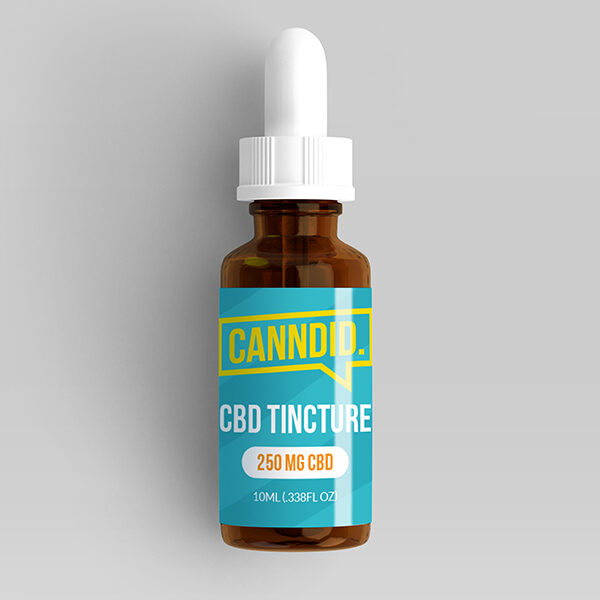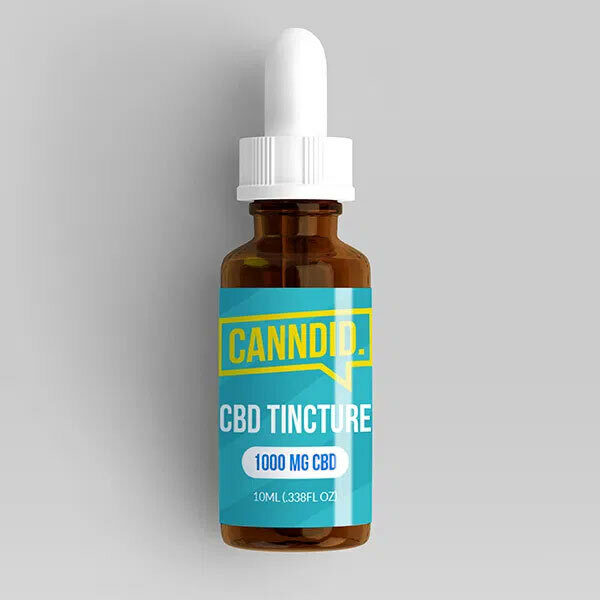Throughout human history there has been a plethora of controversies connected to the field of medicine and healthcare, ranging from abortion debate to over vaccine controversies, and all the way to using humans as research subjects and more. While the severity in all of these cases varies, depending on the circumstances, each one has caused an uproar in the public eye. One such controversy, which will be scrutinized in this article, is the use of CBD oil, its distribution and the inevitable pharmaceutical battle over its legalization and (mis)representation in mainstream media.
CBD And Mainstream Media
To begin let define clearly what CBD actually is. In scientific terms: Cannabidiol (abbreviated as: CBD) is one of at least 113 cannabinoids identified in cannabis (Borgelt, Franson, et al. 2013:195209). It is a major phytocannabinoid, accounting for up to 40% of the plant’s extract (Campos, Moreira, et al. 2012:336478). As such, CBD does not have intoxicating effects and may have a soothing effect on disordered thinking and anxiety. In more layman terms: “CBD is one of many compounds, known as cannabinoids, that are found in the cannabis plant. Researchers have been looking at the potential therapeutic uses of CBD.†(Johnson, 2017) The real question which arises is whether this substance is dangerous or not. The mainstream opinion equalizes CBD with marijuana (and its notorious side effects, including a reduction of cognitive capacities, disorientation or the most popular one getting high), which is a very erroneous connection to make. The prejudice stems from the fact that THC (tetrahydrocannabinol) is well-known for the mind-altering “high” it produces when broken down by heat and introduced into the blood stream, such as when smoking the plant or preparing edibles. Unlike THC, CBD is not psychoactive. This means that it does not change the state of mind of the person who uses it. However, it does appear to produce significant changes in the body and has been found to have medical benefits (Johnson 2017).
CBD Benefits
Given the fact that the THC is almost completely removed from CBD oil the benefits are staggeringly numerous:
- CBD may be effective in reducing pain associated with diseases like multiple sclerosis and rheumatoid arthritis.
- Using CBD has been shown to reduce anxiety and depression in both human and animal studies.
- CBD has been shown to help reduce symptoms related to cancer and cancer treatment, and may even have cancer-fighting properties; still, more research is needed to assess its efficacy.
- CBD may have beneficial effects on acne due to its anti-inflammatory qualities and its ability to control the overproduction of sebum from the sebaceous glands.
- Though research is limited at this time, CBD has been shown to effectively treat symptoms related to epilepsy and Parkinson disease. CBD was also shown to reduce the development of Alzheimer disease in human cell and animal studies.
- Though more human studies are needed, CBD may benefit heart health in several ways, including by reducing blood pressure and preventing heart damage. (Kubala 2018)
The benefits listed above are just a few of the most noticeable and researched ones. Still, as with any medication, there are possible side effects. However, the benefits outweigh the possibilities of side effects by a considerable margin, as Kubala states: “Although CBD is generally considered safe, it can cause adverse reactions like diarrhea and anxiety in some people. It may also interfere with certain medications.â€
-
Canndid, CBD Edibles, CBD Gummies, CBD Gummy Bears
Canndid – CBD Gummies (Vegan Friendly) (BUY 1 GET 1 FREE)
£12.50 (Incl. of VAT)Select optionsQuick View -
Canndid, CBD Oil, CBD Oil, CBD Products, CBD Tincture
Canndid – CBD Tincture 250mg (BUY 1 GET 1 FREE)
£16.66 (Incl. of VAT)Add to basketQuick View -
Canndid, CBD Oil, CBD Oil, CBD Products, CBD Tincture
Canndid – CBD Tincture 1000mg (BUY 1 GET 1 FREE)
£24.96 (Incl. of VAT)Add to basketQuick View -
Canndid, CBD Capsules, CBD Edibles, CBD Oil
Canndid – CBD Capsules (BUY 1 GET 1 FREE)
£20.83 – £24.99 (Incl. of VAT)Select optionsQuick View
CBD And Big Pharma
Given such a positive prospect of this simple, yet effective treatment and the fact that herbs have been present in both mainstream and alternative medicine through the course of human history (dating back from ancient China), it is no wonder that people have been asking for the government to inaugurate CBD into the ranks of approved and legally distributed medicine all around the world[1]. Yet there arises another problem concerning pharmaceutical companies and their willingness to either sell the product on one hand or small sellers to distribute it to consumers on the other. The first issue is largely related to the hesitance of governmental officials to accept CBD due to the possibly hazardous nature of the medicine (Mesch 2018), while the origin of the second issue can be traced down to the unscrupulous desire of Big Pharma to monopolize the CBD market and stop the developing competition (Mercola 2017). Both perspectives should not be tolerated, and a broader conversation needs to be initiated, giving a way for the people to make up their own minds about wanting (or not) to use a medicine that should be available to them.
CBD Legality
However, slowly, but surely, things are beginning to change. Despite CBD being categorized as Schedule I by the FDA, progress has been made. Since 2013, 16 U.S. states have passed the law that allows people to use CBD products for certain illnesses. In Australia, CBD falls under Schedule IV (prescription medicine), whereas it Schedule II in Canada, which improves its status slightly. Europe and China produce and distribute it almost freely, with France and aforementioned China as leading countries in this area. In the UK the argument over Brexit may have an influence on CBD legality.
Given all the turmoil surrounding this topic, the perception of CBD should not be clouded by the information that is available exclusively on mainstream news or media people must be allowed to explore other options and be aware of all the sources, not just a select few. In this article only a small margin of articles and links have been presented, while a whole avalanche of information is just waiting at the tip of this iceberg. Perhaps it is farfetched, but let us hope that, in the future, CBD will be recognized as a valid aid in treating, or even curing certain illnesses.
References:
Borgelt LM, Franson KL, Nussbaum AM, Wang GS (February 2013). “The pharmacologic and clinical effects of medical cannabis”. Pharmacotherapy (Review). 33 (2): 195209.
Campos AC, Moreira FA, Gomes FV, Del Bel EA, Guimarães FS (December 2012). “Multiple mechanisms involved in the large-spectrum therapeutic potential of cannabidiol in psychiatric disorders”. Philosophical Transactions of the Royal Society of London. Series B, Biological Sciences (Review). 367 (1607): 336478.
[1] Which is already happening to a degree, in certain States of the USA. See following link: https://www.idahostatesman.com/news/politics-government/state-politics/article204204679.html
For more great articles, view the CBD Village home page.
The post Politics And CBD: An In Depth Analysis first appeared on CBD Village UK.




